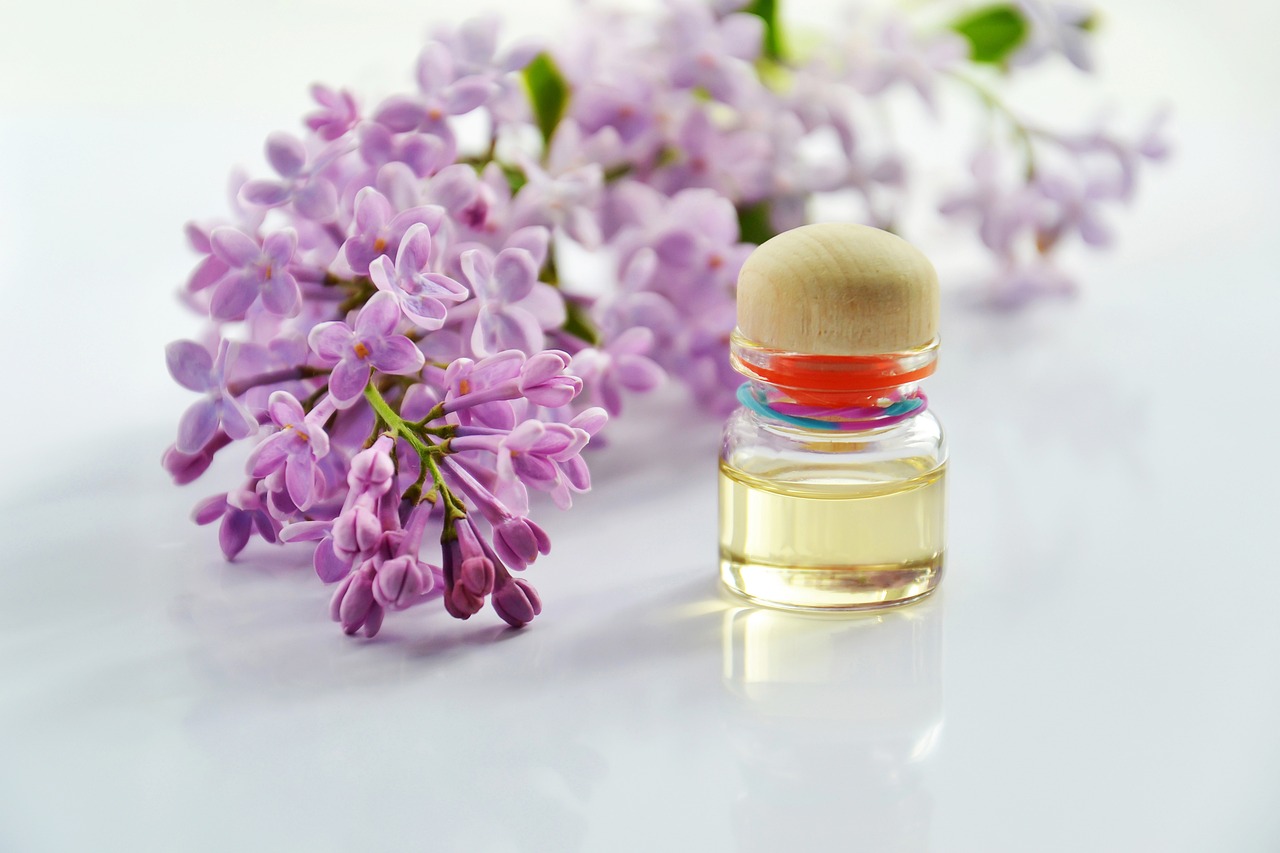Introduction:
The world of perfumery is a tapestry of scents, emotions, and choices. Among the many decisions fragrance enthusiasts face, the choice between alcoholic and non-alcoholic perfumes stands as a pivotal one. Each type of perfume offers a unique experience, catering to diverse preferences and needs. In this blog, we’ll take a deep dive into the distinctive characteristics of alcoholic and non-alcoholic perfumes, helping you understand their nuances and make an informed decision.
Alcoholic Perfumes:
Alcoholic perfumes, also known as traditional or alcoholic-based fragrances, have long been the backbone of perfumery. They harness the power of alcohol as a carrier for aromatic compounds, creating scents that captivate and endure. Here’s a closer look at the features and benefits of alcoholic perfumes:
Longevity and Projection: The alcohol in these perfumes evaporates more slowly than water, resulting in fragrances that linger on the skin and project more prominently, leaving a trail of scent as you move.
Complex Scent Profiles: Alcoholic perfumes offer a wide canvas for perfumers to craft intricate and multifaceted fragrance compositions. This complexity arises from the ability to incorporate a broader range of aromatic compounds.
Evolving Aromas: When applied to the skin, the interplay between alcohol, natural body heat, and skin chemistry causes the scent to evolve over time, revealing different facets of the fragrance.
Classic Elegance: Alcoholic perfumes carry a sense of heritage and luxury, often associated with high-end perfumery. The rich, deep scents they create are timeless and sophisticated.
Wider Availability: Traditional perfumes are widely available and have a diverse range of options, making them accessible to a broad audience of fragrance enthusiasts.
Non-Alcoholic Perfumes:
Non-alcoholic perfumes, also referred to as water-based or alcohol-free fragrances, offer an alternative to those seeking a gentler, more subtle scent experience. These perfumes use water as the solvent instead of alcohol, resulting in a distinct olfactory encounter. Here are the defining attributes and advantages of non-alcoholic perfumes:
Gentle on the Skin: Non-alcoholic perfumes are often perceived as milder and less likely to cause skin irritation, making them an appealing choice for individuals with sensitive skin.
Subtle and Intimate: These fragrances have a softer sillage, meaning they stay closer to the skin. This results in a more personal and intimate fragrance experience.
Layering Possibilities: Non-alcoholic perfumes harmonize well with scented lotions, oils, and body products, enabling wearers to create a unique and customized fragrance aura.
Environmental Considerations: As water-based perfumes lack the use of alcohol, they might be seen as more environmentally friendly. Some non-alcoholic perfumes also come in eco-conscious packaging
Versatility in Settings: Non-alcoholic perfumes are ideal for environments where subtlety is key, such as workplaces, healthcare facilities, or any situation where strong scents might be overwhelming.
Conclusion:
The choice between alcoholic and non-alcoholic perfumes is a journey that depends on personal preference, skin compatibility, and the desired fragrance experience. Alcoholic perfumes offer complexity and longevity, while non-alcoholic perfumes provide a gentler, more intimate aura. Whichever path you choose, remember that the world of perfumery has evolved to cater to a spectrum of preferences, ensuring that you can find the perfect fragrance to suit your unique tastes and needs.




